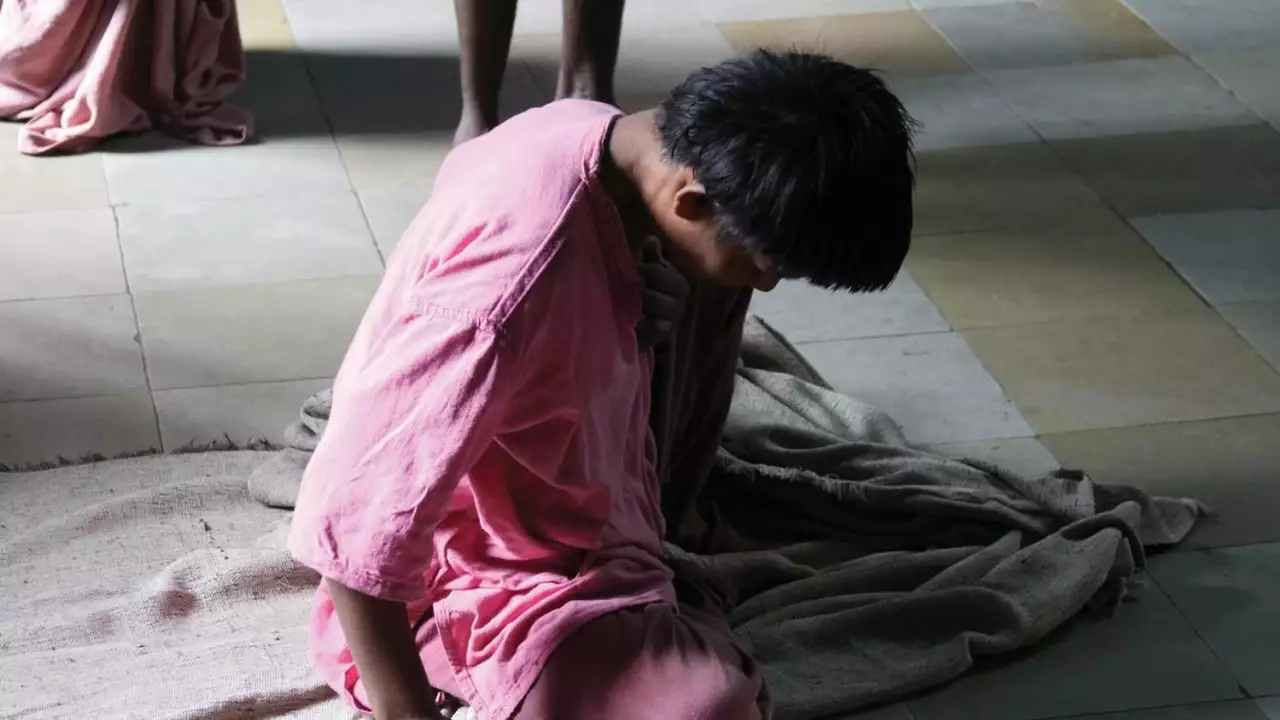The Realities of Mental Illness in India
In India, mental illness is still largely misunderstood, and as a result, those who suffer from it are often mistreated or ignored. Due to the lack of proper mental health care facilities and trained professionals, families often resort to placing their loved ones in custodial homes. These institutions, however, are not equipped to provide the necessary care and support that mentally ill individuals need. In this article, we will discuss the reasons why shifting mentally ill individuals to custodial homes is not the solution, and explore alternative options for providing effective mental health care.
Understanding Custodial Homes and Their Limitations
Custodial homes, also known as "ashrams" or "homes for the mentally challenged," are institutions where individuals with mental illnesses are housed and cared for. Unfortunately, many of these facilities lack the necessary resources and trained staff to provide proper care for their residents. The living conditions in these homes are often unsanitary and overcrowded, leading to further deterioration of the residents' mental health. Additionally, custodial homes tend to focus on the physical aspects of care, such as providing food and shelter, while neglecting the essential mental health care and support services that are crucial for recovery and rehabilitation.
Breaking the Stigma Surrounding Mental Illness
One of the main reasons why families resort to placing their mentally ill loved ones in custodial homes is the stigma surrounding mental illness in India. Many people still view mental illness as a curse or a result of bad karma, leading them to isolate and shun those who suffer from it. In order to create a more compassionate and supportive environment for the mentally ill, we must work together to break this stigma. This can be done through educational programs, public awareness campaigns, and open discussions about mental health in our communities.
Improving Access to Mental Health Care Services
India currently has a severe shortage of mental health professionals, with only one psychiatrist for every 200,000 people. This makes it difficult for individuals with mental illnesses to receive the care they need. In order to address this issue, the government and private institutions must invest in training and hiring more mental health professionals, as well as improving the overall infrastructure of mental health care facilities in the country. Additionally, mental health care services should be made more accessible and affordable for everyone, regardless of their socioeconomic status.
Implementing Community-Based Care and Support
Instead of relying on custodial homes, a more effective and compassionate approach to mental health care would be to implement community-based care and support systems. This involves providing mental health care services within the individual's own community, making it easier for them to access the support they need. In addition, community-based care encourages the involvement of family members and local support networks in the individual's recovery process, promoting a more inclusive and nurturing environment for the mentally ill.
Advocating for the Rights of the Mentally Ill
Lastly, it is crucial that we advocate for the rights of individuals with mental illnesses to ensure that they receive the care and support they need. This includes pushing for stronger mental health policies and legislation, as well as raising awareness about the rights of the mentally ill. By doing so, we can create a more just and compassionate society where individuals with mental illnesses are treated with the dignity and respect they deserve.
In conclusion, shifting mentally ill individuals to custodial homes is not the solution to India's mental health crisis. Instead, we must work together to break the stigma surrounding mental illness, improve access to mental health care services, implement community-based care and support systems, and advocate for the rights of the mentally ill. Only then can we create a more compassionate and supportive environment for those who suffer from mental illnesses in India.





